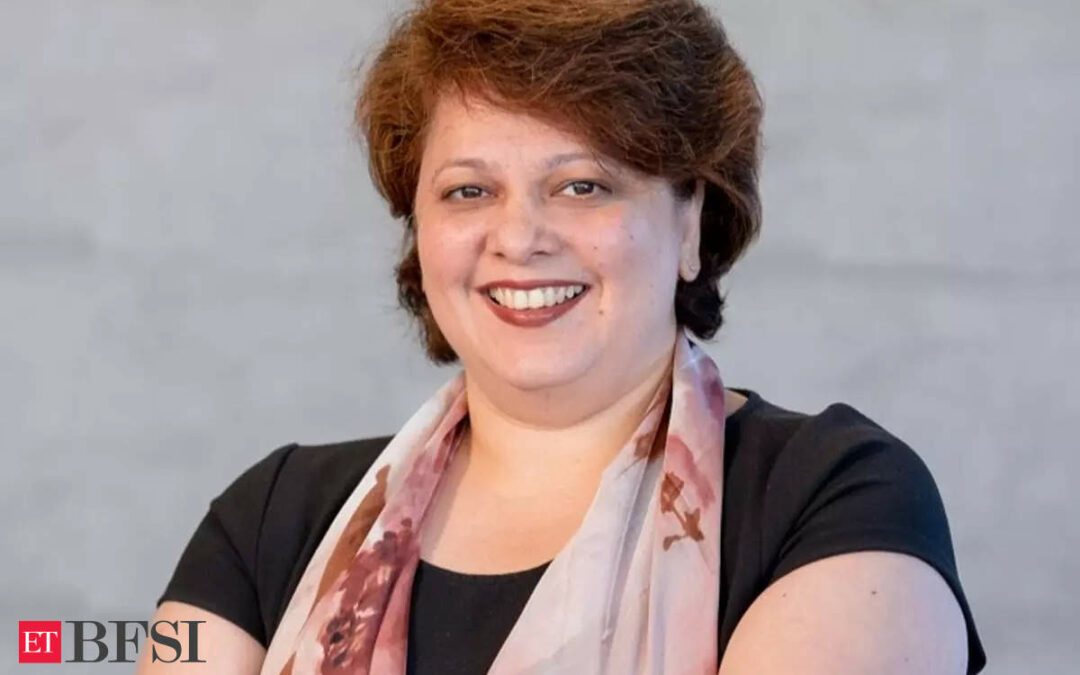Mrin Agarwal, Founder & Director, Finsafe, says the Udgam portal is facilitated by RBI and it is a website where depositors can view information regarding all the unclaimed deposits. Now, when it was launched early this year. Then it had only about seven banks, but now that has been increased to 30 banks.
A lot has been going on regarding claiming the money lying unclaimed in savings accounts, in fixed deposits, even shares for that matter. Now RBI has started acting fast on this and we have this Udgam portal where apparently 30 banks have participated and they have given the information of the unclaimed amount that is lying with them. What is it all about?
Mrin Agarwal: It is a great move for individuals to have a portal like this where you have information available from 30 banks. Essentially the Udgam portal is facilitated by RBI and it is a website where depositors can view information regarding all the unclaimed deposits. Now, when it was launched early this year, then it had only about seven banks, but now that has been increased to 30 banks.
Now what is an unclaimed deposit? If there have been balances lying in savings account or current accounts and these accounts have not been operated for 10 years or there have been fixed deposits which have been lying unclaimed for 10 years, that means from the date of maturity, 10 years has passed and nobody has come to claim these deposits. What typically happens is that these amounts actually move to something known as the Depositor Education and Awareness Fund or DEAF and this is a fund of RBI basically.
Earlier what used to happen was that if the family member, let us say often an individual realises that there are these unclaimed amounts and these unclaimed amounts happen mainly in cases of death, then they have to approach all the individual banks themselves and of course there is going to be separate paperwork for each bank and it is also very time consuming because once it moves to DEAF, there is a process to to get it out from there.
So, obviously it is going to take some amount of time and what has really been simplified now is that there is this one portal where information is given by 30 banks and one can go to this one portal and create an account and put in some information and based on that, one can get all the details of the unclaimed deposits.
Let us just get more in depth with this. But before that, what is the unclaimed amount we are talking about?
If I am not mistaken, altogether it amounts to Rs 25,000 crore.
I think it is beyond Rs 40,000 crore because it contains both savings and fixed deposits and 30 banks which are a part of this portal. Have PSU, private, all sorts of banks given information?
Mrin Agarwal: Yes, so, of course. On the PSU side, there is SBI, Bank of Baroda, Canara Bank, Federal Bank. We also have foreign banks like Citibank, Standard Chartered Bank and then, of course, private sector banks like ICICI Bank, HDFC Bank, IndusInd Bank, HSBC, Kotak Mahindra, Axis Bank. Most of the large banks are there. There are also some co-operative banks like the Saraswat Co-operative Bank and, of course, there is Tamilnad Mercantile Bank as well. So, there are quite a few banks, there are 30 banks that are there right now and I think that is a very large part of our banking sector in India.
The total amount is Rs 42,270 crore in FY2023 which is 20% higher than last year data and that is a lot of money and this includes savings and fixed deposit and this is unclaimed. What is the reason it has gone unclaimed? People not having nominees in place?
Mrin Agarwal: I would think that most of these would be death cases and I have seen many such cases where when an individual passes, the family members are pretty unaware of where the individual had their accounts or their deposits and hence for them to actually even figure out what is there and you know maybe they do not have the right paperwork. But I would think it is because of the lack of awareness of the individual’s holdings that a lot of these just lie unclaimed.
Once you log on to this, first of all the portal’s name is just Udgam. So we log in over there, we do the registration and after that what is the process?
Mrin Agarwal: Like any other portal, you will have to register, give an ID proof and stuff like that and once you do that, you can search for the account holder’s information and there are a set of documents that you can search it with, of course PAN is something, driving license, passport details or even voter ID individual, they can use that information and then get the information about the unclaimed deposits of the account holders.
There will be basic documents that one would ask for, Aadhaar Card, passport number, voter ID, etc. Just in case you do not have it and it is the case of someone who is diseased, then?
Mrin Agarwal: I think, you know, they should provision then but you know of course the individual always has the option. See, at least even if you can get to know, I know it will be a little difficult if you do not have any of these documents, I think then it is quite difficult to actually figure out what to do but in most cases, the PAN would be there.
So we just get the information about the money which is lying in a particular bank. The bank in the end will allot you the money but just in case you want to figure out if there is some unclaimed amount, you need to go on the portal or when you know that you have an unclaimed amount, you know the bank’s name also, then you go on the portal?
Mrin Agarwal: Well, ideally, it is the first situation where you do not know where the money is. That is where the portal would be more useful because if you know the bank details then, you can always approach the bank directly and start the claim process. But in the cases where you do not know about the unclaimed amount, the portal becomes more helpful.
How different is this from IEPF?
Mrin Agarwal: I am not so sure on that but yes, the IEPF is where the unclaimed amounts from stocks and other instruments lie, basically.










